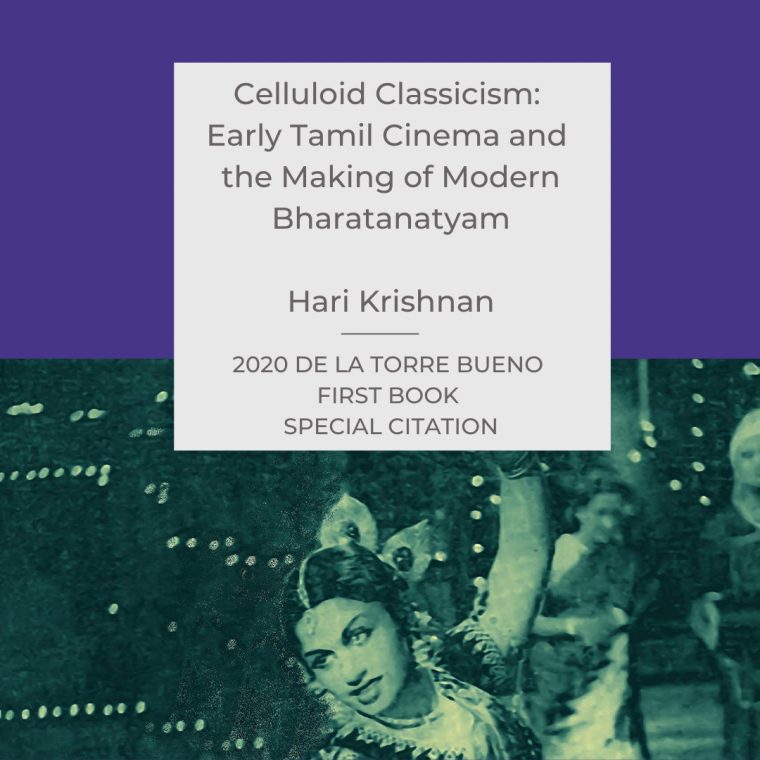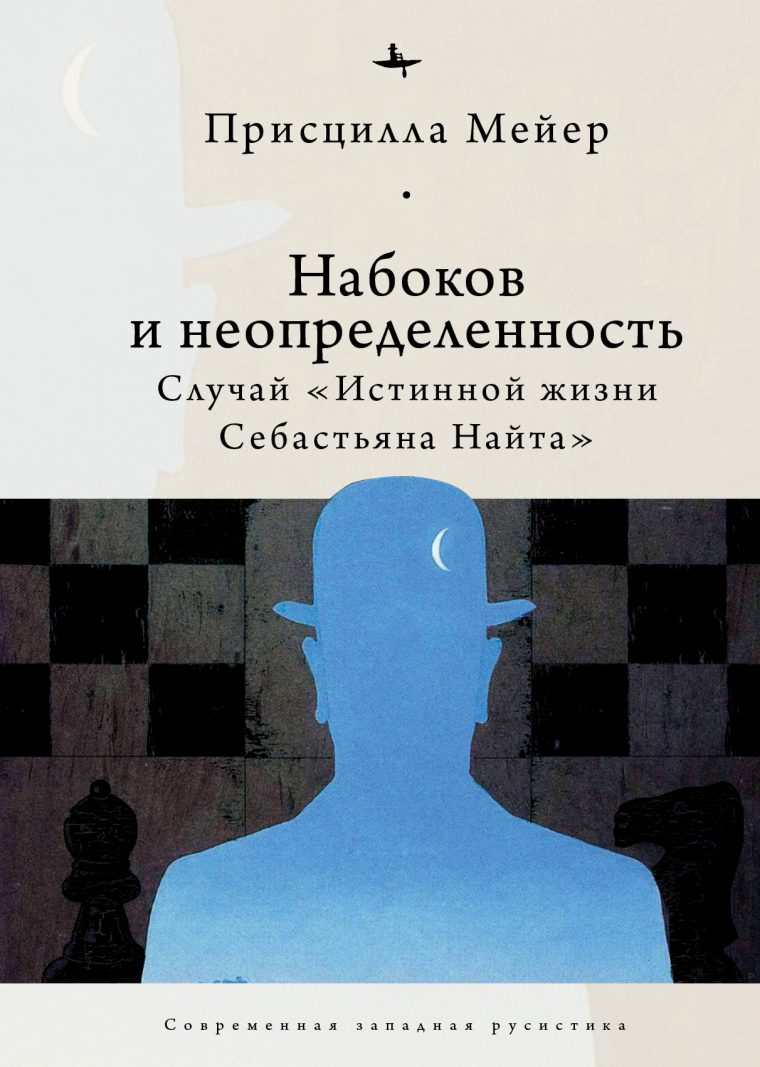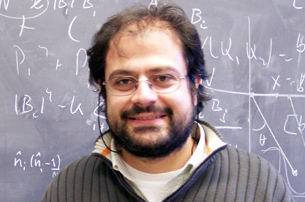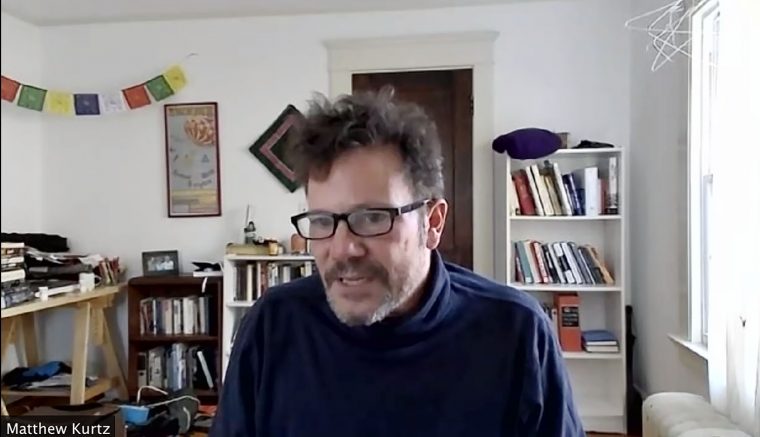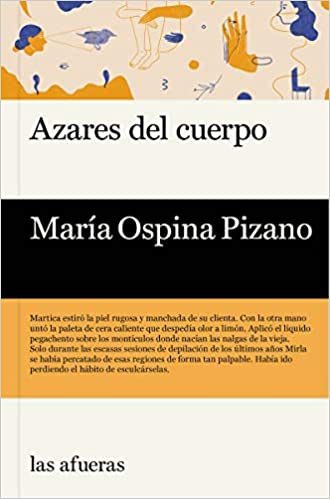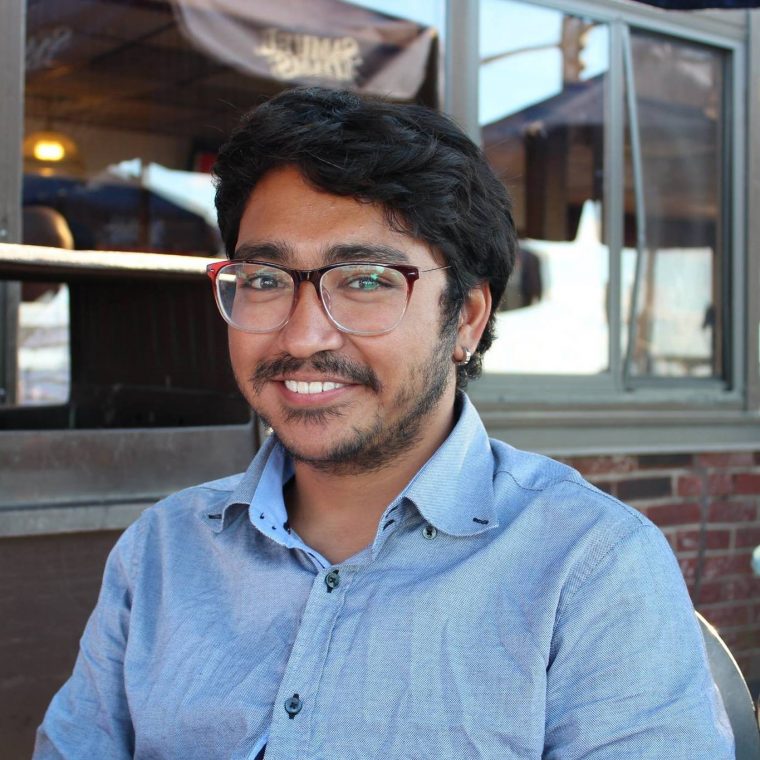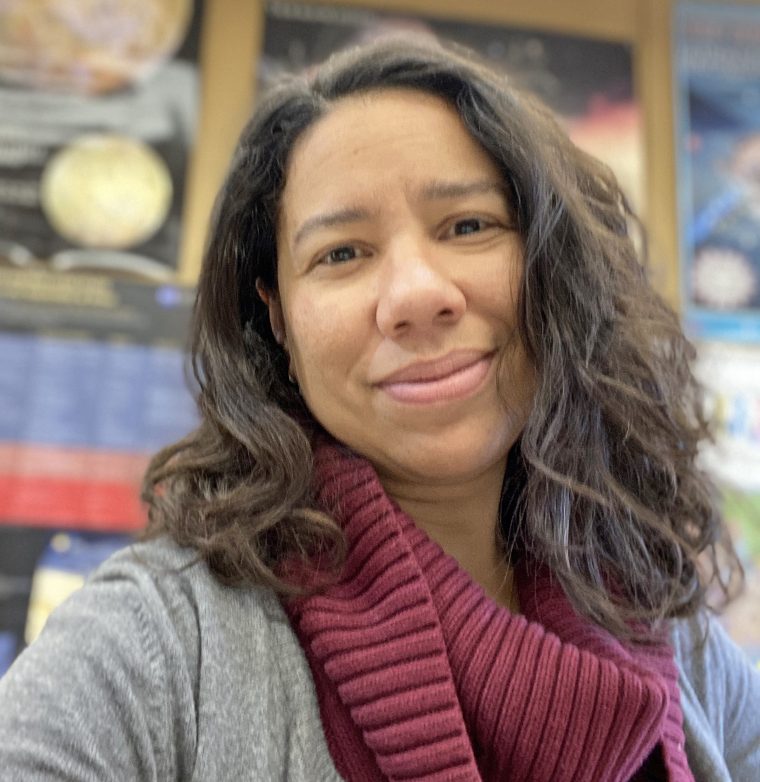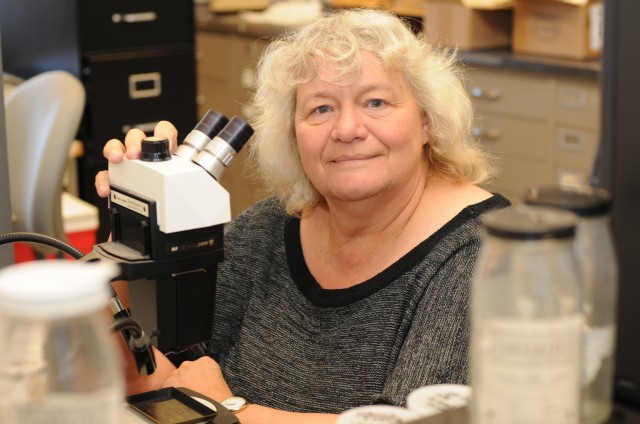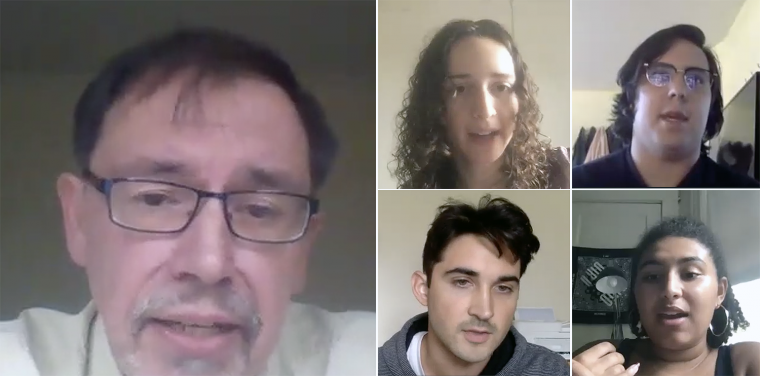A book written by Hari Krishnan, professor and chair of dance, received a special citation by the awards committee of the Dance Studies Association. Krishnan's Celluloid Classicism: Early Tamil Cinema and the Making of Modern Bharatanatyam (Wesleyan University Press, 2019) was honored with the 2020 de la Torre Bueno® First Book Special Citation for being an "invaluable addition to scholarship on Bharatanatyam in the crucial period between the 1930s and 1950s, offering an impeccably researched and well-argued revision of the common recounting of this phase of the dance’s history." Krishnan’s archival work "is impeccable," the citation reads, "combining interviews with…
Two books written by Wesleyan faculty have recently been translated to Russian, where they are now being distributed. Nabokov and Indeterminacy: The Case of the Real Life of Sebastian Knight was originally written by Priscilla Meyer, professor emerita of Russian language and literature, and published by Northwestern University Press in 2018. Renowned translator and Nabokov expert Vera Polishchuk translated Meyer's book, which is now available in Russian by Academic Studies Press. Nabokov and Indeterminacy shows how Vladimir Nabokov’s early novel The Real Life of Sebastian Knight illuminates his later work. Meyer explores how Nabokov associates his characters in Sebastian Knight with…
With support from the Simons Foundation, Tsampikos Kottos, Lauren B. Dachs Professor of Science and Society, professor of physics, will work on groundbreaking wave transport research, ultimately benefiting a broad range of technologies ranging from wireless communications and efficient energy harvesting, to biomedical and avionics sensing technologies. Kottos is one of 11 principal investigators (PIs) from 12 universities and research institutions across the globe to receive funding from the Simons Collaborations in Mathematics and the Physical Sciences Initiative. The group's project, "Harnessing Universal Symmetry Concepts for Extreme Wave Phenomena," is based at the Advanced Science Research Center (ASRC) at the…
(more…)
Associate Professor of Spanish María Ospina's collection of short stories, Azares del Cuerpo (Variations on the Body), was published in Spain in September 2020, after being previously published in Colombia, Chile, and Italy. The book also is forthcoming in the U.S. next summer by Coffee House Press. Azares del Cuerpo was reviewed in one of Spain’s most important national newspapers (El Mundo) on Oct. 30. Read more here. Ellen Thomas, Harold T. Stearns Professor of Integrative Sciences, Smith Curator of Paleontology of the Joe Webb Peoples Museum of Natural History, and University Professor in the College of Integrative Sciences, is the…
Wesleyan welcomes 14 new ongoing faculty to campus this fall, including five professors of the practice. They include: Charles Barber, associate professor of the practice in the College of Letters, is a nonfiction author who writes about mental health and criminal justice issues, for both popular and scholarly audiences. He has previously taught at Wesleyan for eight years as a visitor, primarily as Writer in Residence in the College of Letters, and also in the Psychology and English departments, and Allbritton Center. He has written three books: Songs from the Black Chair: A Memoir of Mental Interiors, Comfortably Numb: How…
This fall, Wesleyan welcomes 17 visiting faculty members to campus. They are: Christopher Bell, David Scott Williams Visiting Assistant Professor of Psychology, received his BA in English literatures and cultures from Brown University and his MA and PhD in psychology from the University of West Georgia. His research explores the processes and outcomes of psychotherapy; his dissertation, Psychotherapeutic Subjectivities, examined the subjective experiences of individuals in psychotherapy, analyzing these experiences in terms of different psychotherapeutic techniques. He has published on projection and memories of projection as well as Lacanian psychoanalysis, and his projects advocate a contextual approach to psychotherapy research.…
This fall, Wesleyan welcomes nine postdoctoral fellows to campus. They include: Sierra Eisen, postdoctoral fellow in psychology, joins the Psychology Department for two years. She received her PhD from the Department of Psychology at the University of Virginia, where she was a researcher in the Early Development Lab. Eisen studies how children interact with and learn from different forms of media. Her research mainly focuses on how children think about and learn from touchscreen devices and educational apps. At Wesleyan, she will conduct collaborative research with students and faculty in the Cognitive Development Laboratories, directed by Anna Shusterman and Hilary…
For her exemplary contributions to research in the geological sciences and for being an instrumental mentor to young people of color, Professor Marty Gilmore received the 2020 Randolph W. “Bill” and Cecile T. Bromery Award from the Geological Society of America. Gilmore, George I. Seney Professor of Geology, professor of earth and environmental sciences, and co-coordinator of Wesleyan's Planetary Sciences program, was nominated for the award by Jim Head, the Louis and Elizabeth Scherck Distinguished Professor of Geological Sciences at Brown University. "Few individuals have done more for expanding diversity in the geosciences than Dr. Gilmore," Head said. She "leads…
Ellen Thomas, Harold T. Stearns Professor of Integrative Sciences, Smith Curator of Paleontology of the Joe Webb Peoples Museum of Natural History, and University Professor in the College of Integrative Sciences, is the recipient of the 2020 Joseph A. Cushman Award for Excellence in Foraminiferal Research. At Wesleyan, Thomas investigates oceanic benthic foraminifera (eukaryotic unicellular organisms) as proxies for the impact of changes in environment and climate on living organisms on various time scales. This fall, she's teaching the courses Research Frontiers in the Sciences and Mass Extinctions in the Oceans. Brian Huber, president of the Cushman Foundation for Foraminiferal…
When the COVID-19 outbreak disrupted in-person classes last spring, several faculty found innovative and creative ways to adapt to online teaching and learning. In the second of a fall-semester series, we'll be highlighting ways faculty from various departments are coping with teaching during a pandemic, and showcase individual ways courses are thriving in an online or hybridized environment. In this issue, we spotlight Peter Rutland from the Government Department. Peter Rutland, the Colin and Nancy Campbell Professor in Global Issues and Democratic Thought, professor of government, is teaching GOVT 157: Democracy & Dictatorship and GOVT 278: Nationalism this fall. He's…
Several remote teaching and learning "success stories" are now published on the Office for Faculty Career Development's (OFCD) Teaching Matters website. "We hope the stories inspire others to make changes and make it clear to everyone that it was possible to make the transition well," said Mary Alice Haddad, the John E. Andrus Professor of Government and director of the OFCD. The stories are based on surveys administered by Academic Affairs last spring. Although there were many courses that went well in spring 2020, Haddad selected to present a diversity of courses drawn from different class sizes, pedagogy styles, synchronous/asynchronous…


